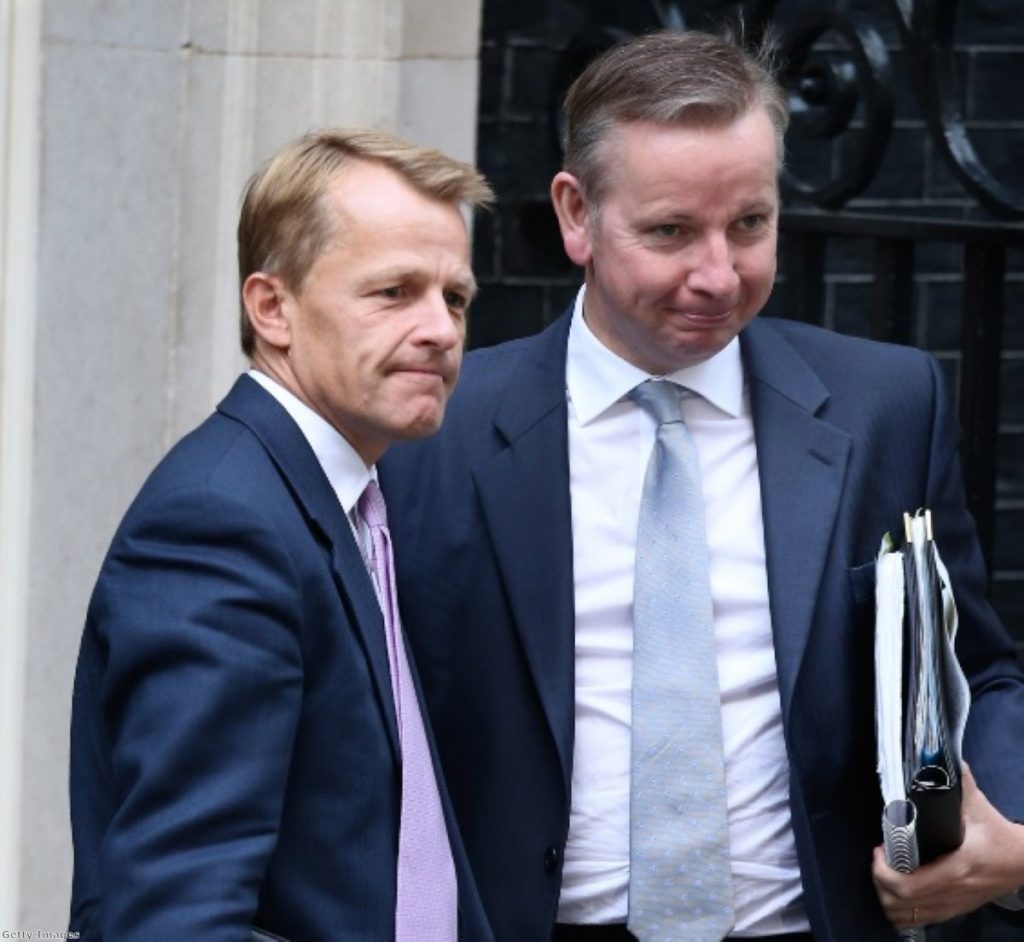Lib Dems ‘preparing spring offensive’ against Tory coalition colleagues
Liberal Democrats will call time on coalition unity this spring, David Laws has revealed, with a 'differentiation' offensive set to make internal strains greater than ever before.
The schools minister is in the midst of a public row with education secretary Michael Gove over the sacking of Ofsted chief Sally Morgan.
Now Laws, who wants Nick Clegg to be given an effective veto over the appointment of Morgan's successor, has announced his party will mount a major attempt to distance itself from the Tories between April and September.
"We are all discovering for the first time the way coalitions work and making up the way we operate in coalition," Laws told the Independent newspaper.


"We are proud of what we are doing in coalition. But we must be able to say in a very frank and open way where we disagree with the Tories without the entire roof coming in on us."
The differentiation campaign would begin in April, during the European elections campaign, and continue until September and the Lib Dems' final autumn conference before next year's general election.
"Both parties should be unembarrassed. There is a lot of common ground. But we are different political parties with our own agenda," Laws added.
"We have to set that out in blunt and honest terms.
"We cannot do it at five minutes to midnight in April or May next year. People would not understand it if we suddenly produced all these areas of difference."
Tory politicians are already deeply frustrated with Lib Dem enthusiasm to pick internal coalition fights.
But Laws – who was a key figure in the hung parliament talks that led to the formation of the present government – has denied his row over Morgan's sacking is "positioning" and believes the real offensive is yet to come.
His comments confirm the suspicion of many government thinktank experts who believe the final phase of the five-year coalition will be a turbulent period.
The Institute for Government, which surveyed those who had watched the collapse of previous coalition governments in Europe from close-up, noted they had predicted a number of 'endgame' trends:
- No new policy initiatives
- Politicians will be incapable of thinking strategically – so the civil service will have to make up the deficit
- Meaningful reform will be virtually non-existent
- Communication between party leaders will be more important than ever
- The junior partner in the coalition will probably lose out at the ballot box












